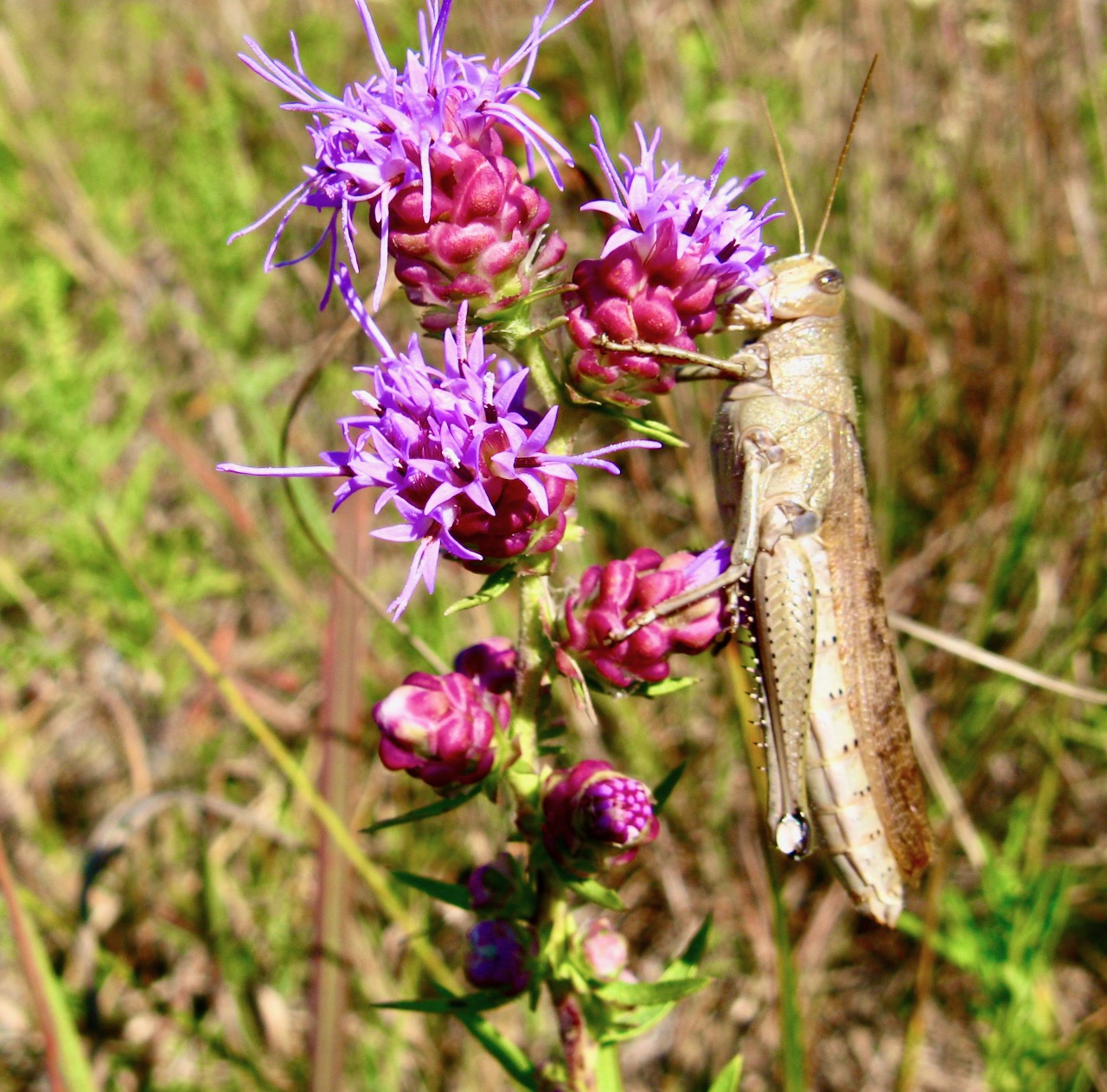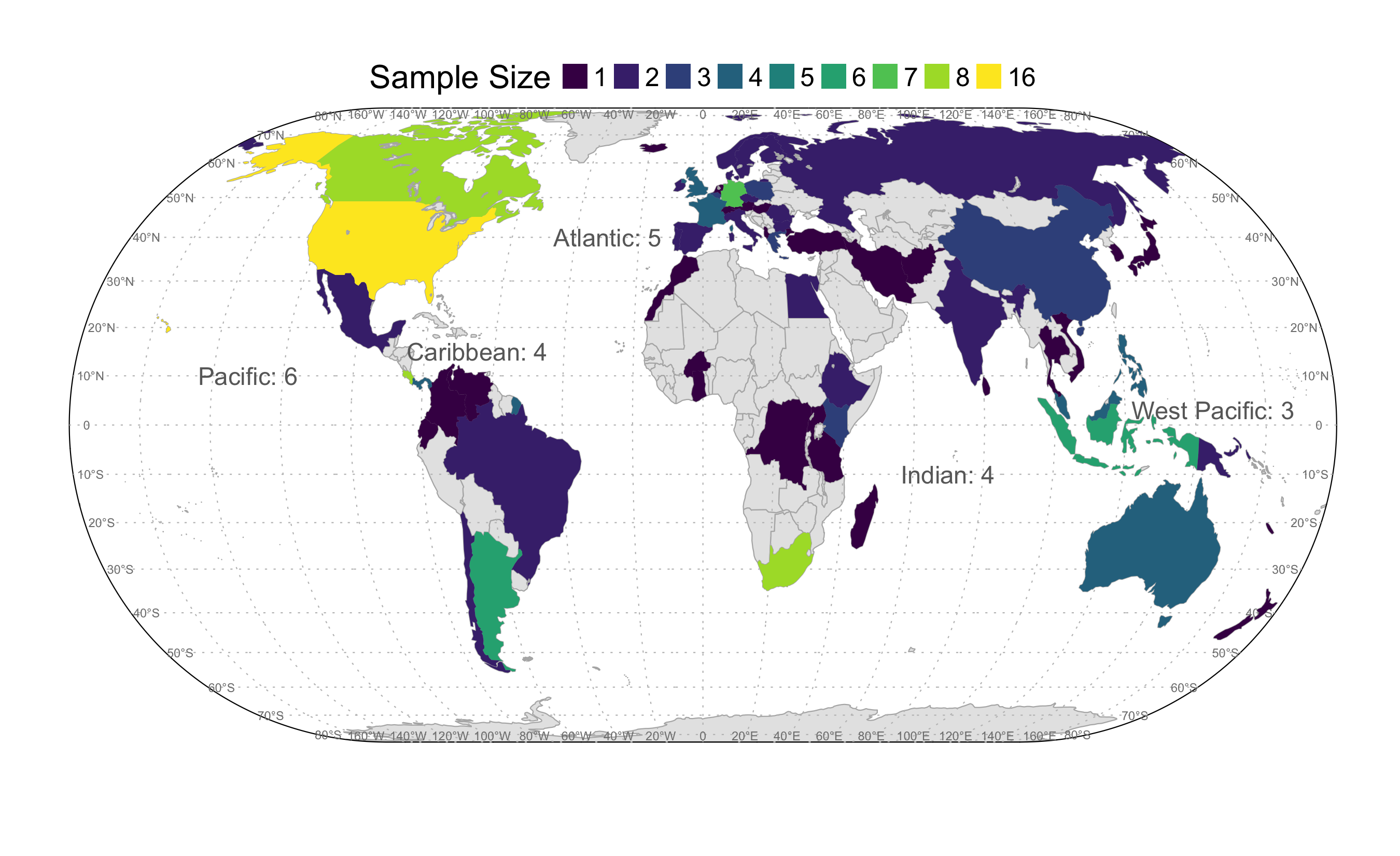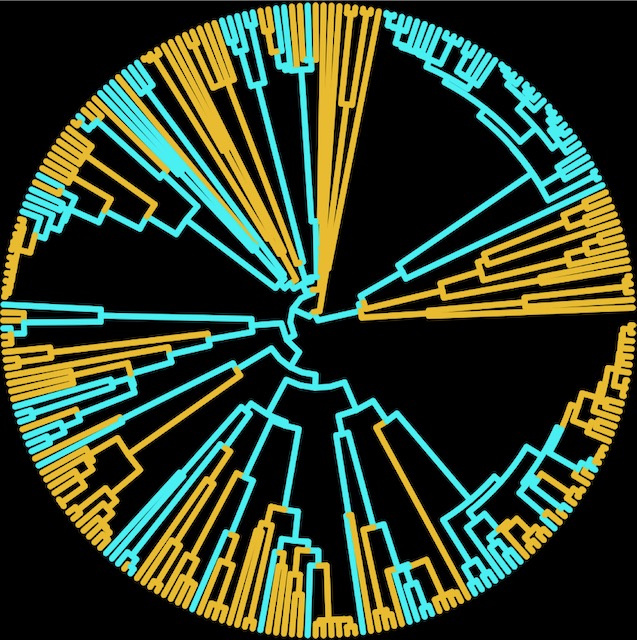Research themes
Understanding the causes and consequences of changes in ecological communities (e.g. species distributions, species compositions, plant phenology, and biodiversity) is critical in today’s changing world. We use observational studies, manipulative experiments, ecoinformatics, statistical modeling – often as part of an interdisciplinary collaboration – to test basic ecological theory and to provide information useful for managing and conserving biodiversity. Specifically, We:
- study large-scale ecological patterns using big data and bioinformatics
- analyze long-term datasets to study patterns of changes in biodiversity and communities as they respond to global change
- develop statistical methods and use bioinformatics to reveal mechanisms underlying the large-scale and long-term changes we observe in ecological systems.
Information about specific research themes can be found below.

Long Term Change
We are interested in how global changes and species interactions shape plant communities and how plant communities have responded to global changes. To achieve this goal, a long-term perspective is needed since many ecological responses take decades to unfold.
Read more

Plant Phenology
Plant phenology provides the most immediate and visible ecological response to environmental changes. However, exactly how environmental changes have affected plant phenology across spatial, temporal, and phylogenetic scales are still largely unknown.
Read more

Species Invasions
Non-native species invasions are causing worldwide ecosystem degradation and economic loss. Why some exotic species are invasive? Why some sites are more vulnerable than others?
Read more

Data synthesis
While local studies can inform us about patterns and processes of changes in specific ecosystem, they cannot provide generalities across large spatial and long term temporal scales. To seek for generalities, data syntheses are needed.
Read more

Phylogenetic Methods for Ecological Research
All species share a common ancestor. Most evolutionally related species thus share many of the same traits. Ignore such relationships in ecological studies likely will result in avoidable errors. We are developing methods to facilitate the integration of phylogenies into ecological studies.
Read more

Data (small or big) and software tools
Understanding and predicting complex ecological dynamics requires data collection (small or large), data cleaning, and appropriate data analysis. We are developing data and software tools to facilitate reproducible and reliable research workflows.
Read more